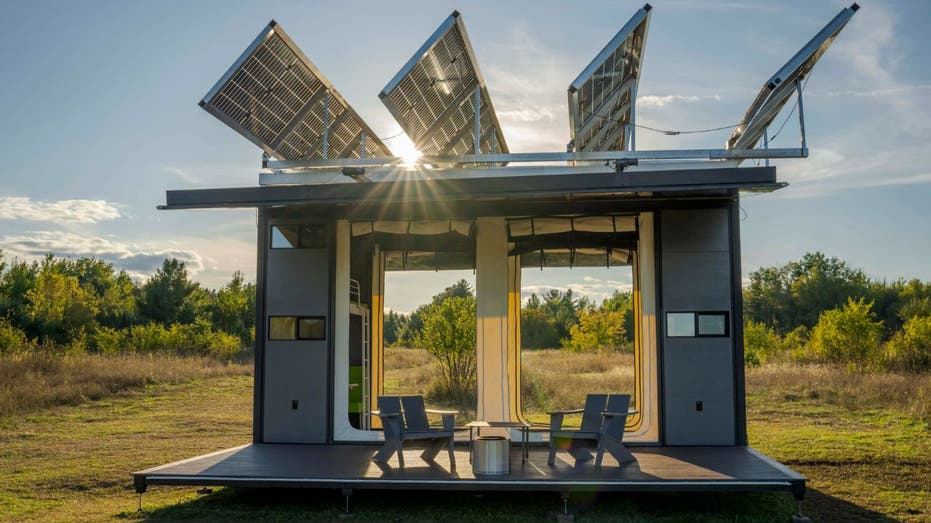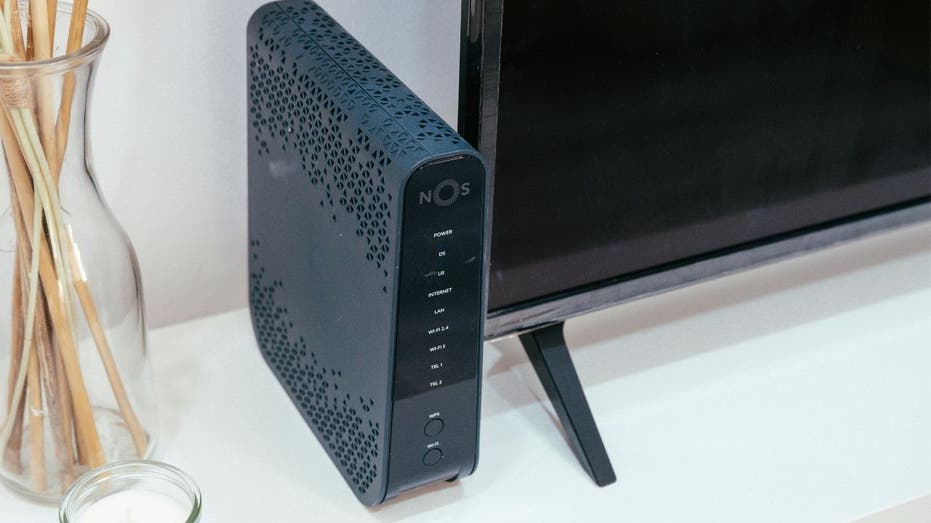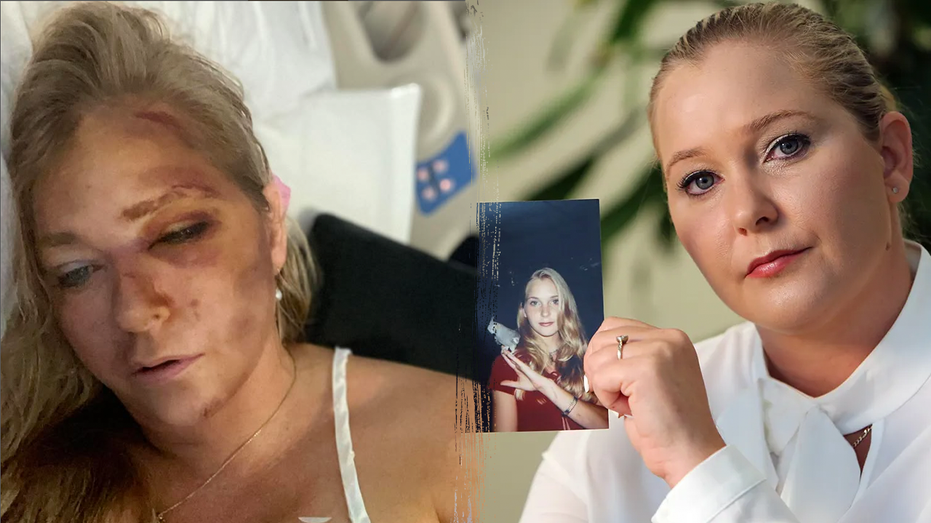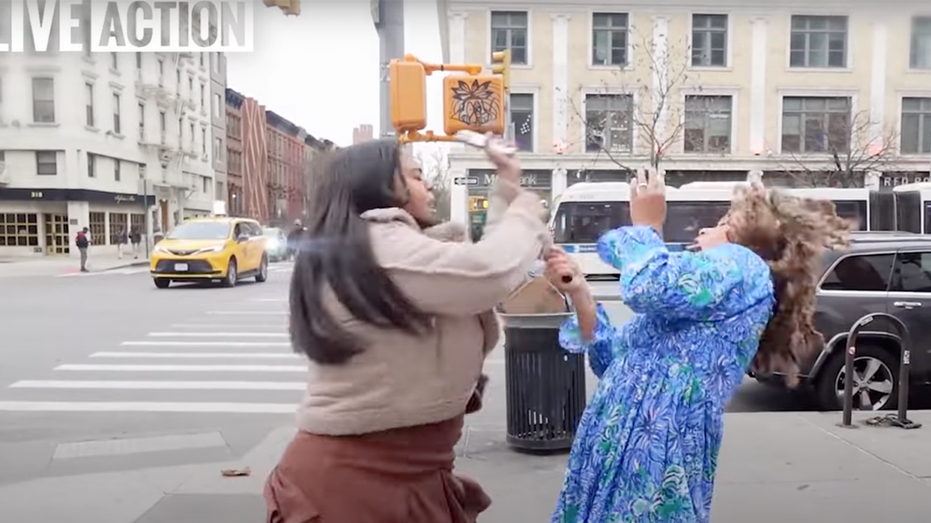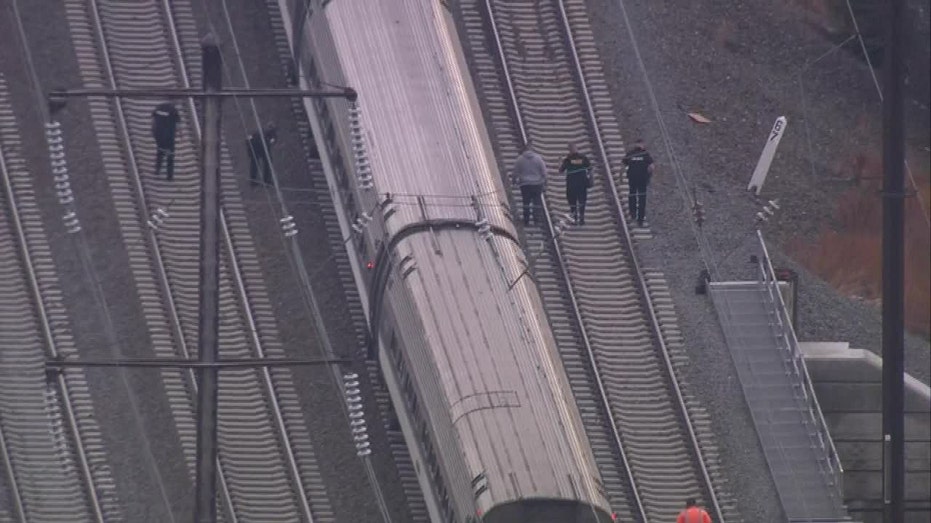- by foxnews
- 05 Apr 2025
‘Unprepared’ Twitter among tech firms to face tough new EU digital rules
‘Unprepared’ Twitter among tech firms to face tough new EU digital rules
- by theguardian
- 28 Apr 2023
- in technology
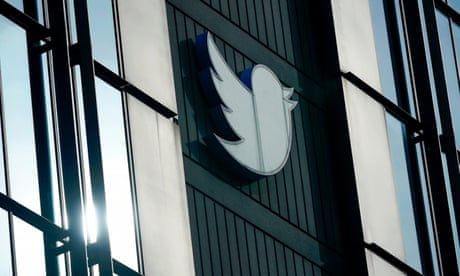
Twitter is among the tech firms that will face the toughest level of scrutiny under a new European Union regulatory regime for monitoring digital platforms, after warnings from Brussels that the Elon Musk-owned platform is unprepared for the new rules.
The company, which Musk bought in October 2022, has been designated a "very large online platform" under the bloc's Digital Services Act, which means complying with measures such as publishing an independent audit of its compliance with the legislation.
It will be joined by 16 other major names including YouTube, Facebook, Instagram, Wikipedia, Snapchat and TikTok.
Twitter has been repeatedly warned that it is not ready for the new rules, with breaches risking a fine of 6% of global turnover and, in the most extreme cases, a temporary suspension of the service. Under Musk's ownership Twitter has reduced its workforce from 7,500 people to about 1,500, leading to fears that moderation standards and its ability to comply with the act would suffer as a consequence.
In November last year, the EU's commissioner for the internal market, Thierry Breton, implied that Twitter was in danger of non-compliance with the act, telling Musk that the company will have to raise its efforts to "pass the grade". Breton added that Musk had "huge work ahead" to comply with the DSA. However, a readout of the November meeting with Musk added that the Tesla CEO had "committed to comply" with the DSA.
In January, Breton again urged Musk to "progress towards full compliance with the DSA", with Musk replying that the DSA's goals of transparency, accountability and accurate information were aligned with Twitter's.
Under the rules for large platforms, they must carry out annual risk assessments outlining the risks of harmful content such as disinformation, misogyny, harms to children and election manipulation. The moderation systems and measures put in place to mitigate those risks will also be checked by the EU.
The big platforms will also have to publish an independent audit of their compliance with the DSA, as well as how many people they employ in content moderation. They must also provide details of their algorithms and allow independent researchers to monitor compliance with the act.
Platforms will also be banned from building profiles of child users for companies to target them with ads. Those platforms that can be reached by minors must also put in place measures to protect their privacy and keep them safe. Users must also be able to report illegal content easily.
The European Commission, the EU's executive arm, confirmed Twitter's designation as a VLOP on Tuesday, while Google and Microsoft's Bing will also have to comply with similarly strict regulations after being designated "very large search engines". Tech platforms must reach at least 45 million monthly active users in the EU in order to be designated VLOPs or VLSEs.
There are also regulations for smaller platforms such as publishing transparent terms and conditions.
Breton said on Tuesday the "countdown is starting" for the companies designated with special status under the act. "Today is the D(SA)-Day for digital regulation," he said.
Guillaume Couneson, a partner at law firm Linklaters, said complying with the VLOP and VLSE provisions was a "challenge for everyone" and not just Twitter. The designated companies now have four months to comply with the act's obligations including the first annual risk assessment.
"It is not a long period of time to implement strict and in some cases burdensome obligations," said Couneson.
- by foxnews
- descember 09, 2016
Excavation near site where Jesus was crucified and buried results in ancient discovery
Proof of ancient olive trees and grapevines, consistent with a Bible verse, has been found at the Church of the Holy Sepulchre in Jerusalem, an archaeologist confirms.
read more